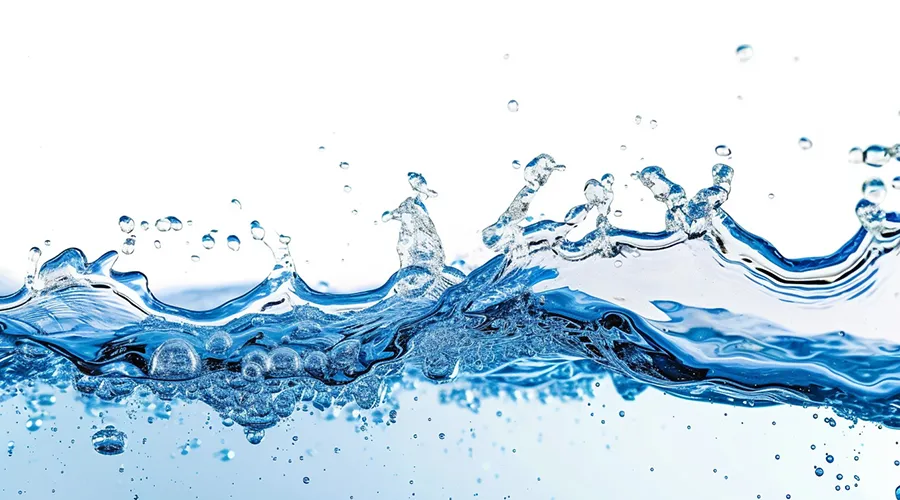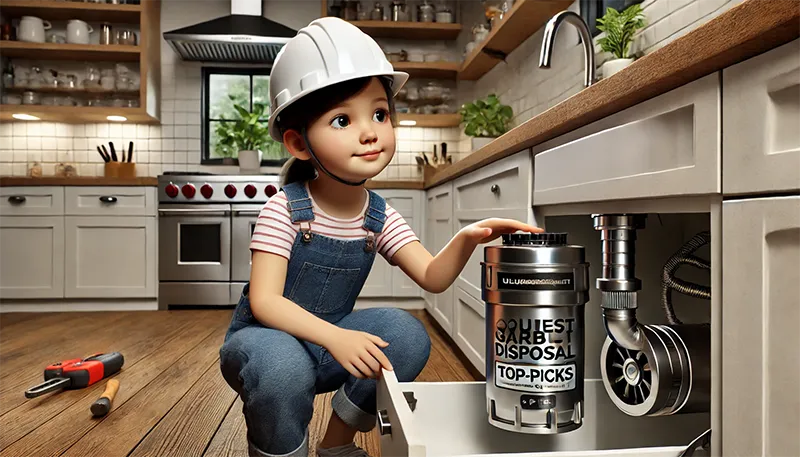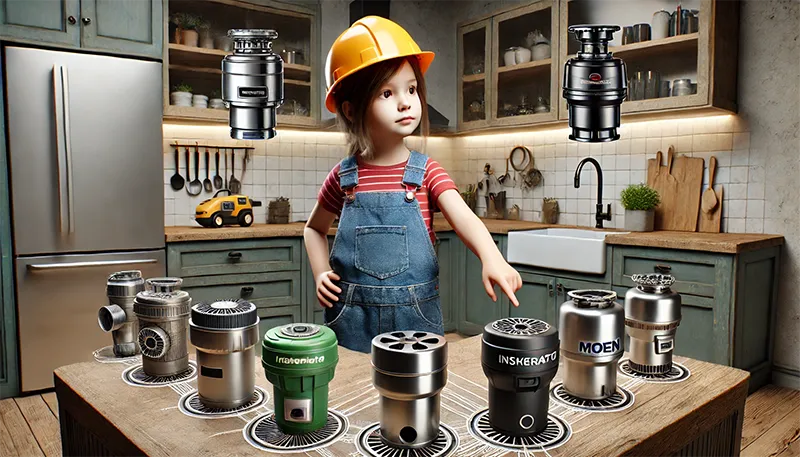Water is the essence of life, akin to the blood that flows through our veins, carrying vital nutrients and oxygen to every cell. Just as our bodies rely on clean blood to function optimally, our homes depend on clean water to ensure the health and well-being of its inhabitants. According to the Environmental Protection Agency (EPA), over 90% of the U.S. population receives water that meets all federal health-based drinking water standards, yet many still choose to filter their water for added safety and taste. This guide will explore the importance of water filtration systems, the different types available, and how to choose the right one for your home.
Importance of Water Filtration Systems
Water filtration systems play a crucial role in maintaining the quality of water we consume daily. They are essential for several reasons:
- Health Benefits: Filtration systems remove harmful contaminants such as lead, chlorine, and bacteria, reducing the risk of waterborne diseases and health issues. Contaminants like lead can have severe health impacts, especially on children, affecting their development and cognitive abilities. By using a water filtration system, you can significantly reduce exposure to such harmful substances.
- Taste and Odor Improvement: Many filtration systems enhance the taste and smell of water by removing minerals and particulates that can cause unpleasant flavors and odors. Chlorine, often used as a disinfectant in municipal water supplies, can leave an unpleasant taste and smell. Activated carbon filters are particularly effective at removing chlorine and improving the overall taste of water.
- Safety Assurance: By filtering out harmful substances, these systems provide an additional layer of safety, especially in areas where water quality reports indicate potential issues. For example, areas with older plumbing systems may have higher levels of lead, making filtration systems crucial for ensuring safe drinking water.
Types of Water Filtration Systems
There are several types of water filtration systems, each with unique features and benefits:
Activated Carbon Filters
Activated carbon filters are one of the most common types of water filters. They work by adsorbing impurities onto the surface of the carbon particles. These filters are often used in countertop, under-sink, and faucet-mounted systems.
- Advantages: Effective at removing chlorine, sediment, volatile organic compounds (VOCs), and improving taste and odor. They are relatively inexpensive and easy to install, making them a popular choice for many households.
- Disadvantages: They do not remove minerals, salts, and dissolved inorganic substances. Regular replacement of the carbon is necessary to maintain effectiveness. Over time, the carbon can become saturated with impurities, reducing its ability to filter water effectively.
Reverse Osmosis Systems
Reverse osmosis (RO) systems use a semipermeable membrane to remove ions, molecules, and larger particles from drinking water. These systems are often used in under-sink installations and can be combined with other filters for enhanced performance.
- Advantages: Highly effective at removing a wide range of contaminants, including lead, nitrates, and fluoride. RO systems can also remove dissolved salts and minerals, making them suitable for areas with hard water.
- Disadvantages: Can be expensive to install and maintain, and they waste a significant amount of water during the filtration process. The process of reverse osmosis can also remove beneficial minerals from the water, which may require remineralization.
UV Filters
Ultraviolet (UV) filters use ultraviolet light to kill bacteria and viruses in water. They are often used in conjunction with other filtration systems to provide comprehensive water treatment.
- Advantages: Effective at disinfecting water without the use of chemicals. UV filters can deactivate harmful microorganisms, making them an excellent choice for households concerned about microbial contamination.
- Disadvantages: Do not remove chemical contaminants, and require electricity to operate. The effectiveness of UV filters can be reduced if the water contains high levels of sediment or turbidity, which can shield microorganisms from the UV light.
Distillation Units
Distillation units work by boiling water and then condensing the steam back into a liquid, leaving contaminants behind. They are often used in laboratory settings but can also be used for home water treatment.
- Advantages: Effective at removing bacteria, viruses, and most minerals and chemicals. Distillation can produce highly purified water, free from most contaminants.
- Disadvantages: Slow process, requires a significant amount of energy, and can remove beneficial minerals. Distilled water can have a flat taste due to the absence of minerals, which may not be desirable for some users.
Choosing the Right Water Filtration System
When selecting a water filtration system, consider the following factors:
Water Quality
Begin by reviewing your local water quality report to understand what contaminants are present in your water. This information will guide you in choosing a system that targets specific impurities. The EPA requires community water systems to provide annual Consumer Confidence Reports (CCRs) that detail water quality and any contaminants found.
Household Size
Consider the amount of water your household consumes daily. Larger households may require a system with a higher capacity to ensure an adequate supply of filtered water. For example, a whole-house filtration system may be more suitable for a large family, while a single faucet filter may suffice for a smaller household.
Budget
Water filtration systems vary widely in cost. Determine your budget for both the initial purchase and ongoing maintenance, such as filter replacements. While some systems may have a higher upfront cost, they may offer lower maintenance expenses over time.
Specific Filtration Needs
Identify any specific contaminants you need to remove, such as lead or microbial contaminants, and choose a system certified to address those concerns. Look for systems certified by reputable organizations, such as NSF International, which test and certify products for their ability to remove specific contaminants.
Evaluating Water Quality
To make an informed decision, it’s essential to evaluate your water quality:
- Testing: Use a home water testing kit or hire a professional to assess your water for contaminants. Home testing kits can provide valuable information about common contaminants, such as chlorine, lead, and bacteria.
- Local Water Issues: Research any known water quality issues in your area, such as high levels of lead or PFAS, to ensure your chosen system can address them. Local health departments and water utilities can provide information about specific water quality concerns in your area.
Professional Help
For complex filtration needs or installation, consider seeking professional help. Experts can provide valuable insights and ensure the system is installed correctly for optimal performance. Professional installation may be necessary for whole-house systems or systems that require plumbing modifications.
FAQs
Q: What is the best water filtration system for removing lead?
A: Reverse osmosis systems are highly effective at removing lead from water. They can also remove other heavy metals and contaminants, making them a versatile choice for comprehensive water treatment.
Q: How often should I replace my water filter?
A: It depends on the type of filter and the manufacturer’s recommendations, but typically every 3 to 6 months. Regular replacement ensures the filter remains effective and prevents the growth of bacteria or mold.
Q: Can I install a water filtration system myself?
A: Some systems, like faucet-mounted filters, are easy to install, while others, like whole-house systems, may require professional installation. Always follow the manufacturer’s instructions and consult a professional if you’re unsure.
Q: Are there any contaminants that standard filters can’t remove?
A: Some contaminants, such as certain chemicals and pharmaceuticals, may require specialized filtration systems. It’s essential to choose a system certified to remove the specific contaminants present in your water.
Q: Is filtered water better than bottled water?
Filtered water can be a more sustainable and cost-effective option compared to bottled water. It also reduces plastic waste and provides the convenience of having clean water readily available at home.
Conclusion
Choosing the right water filtration system is crucial for ensuring the health and safety of your household. By understanding your water quality, household needs, and budget, you can select a system that provides clean, safe, and great-tasting water. Engage with this guide, share your experiences, and encourage others to prioritize water quality in their homes. Implement these strategies in your next social media post to spread awareness about the importance of water filtration.
By following this guide, you can ensure that your home is equipped with the best water filtration system to meet your needs, providing peace of mind and healthier water for you and your family.



